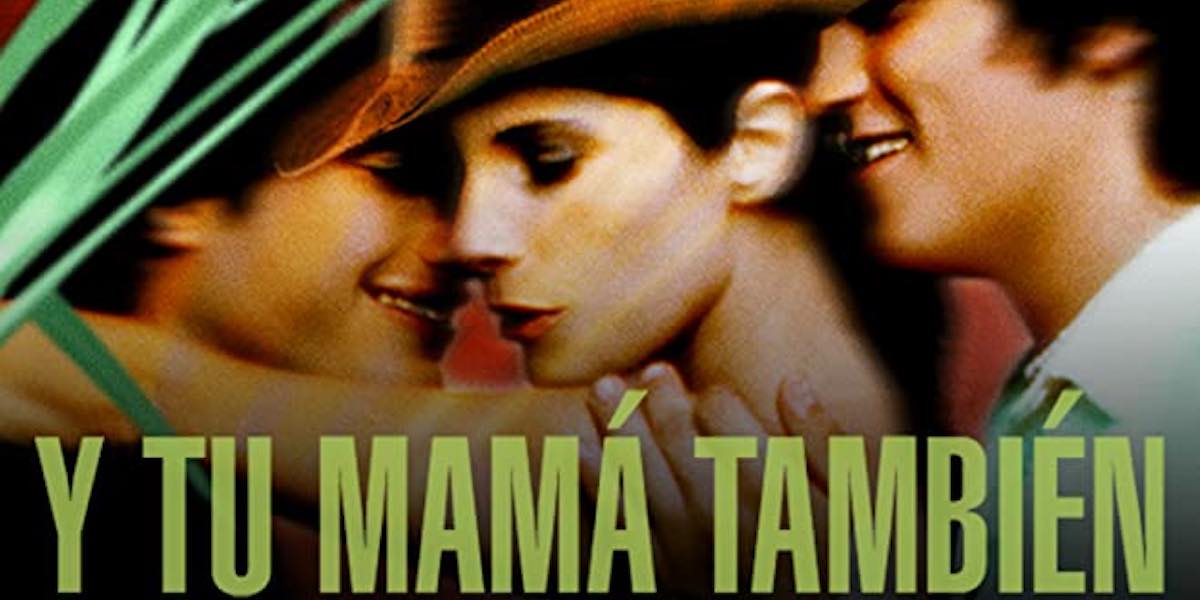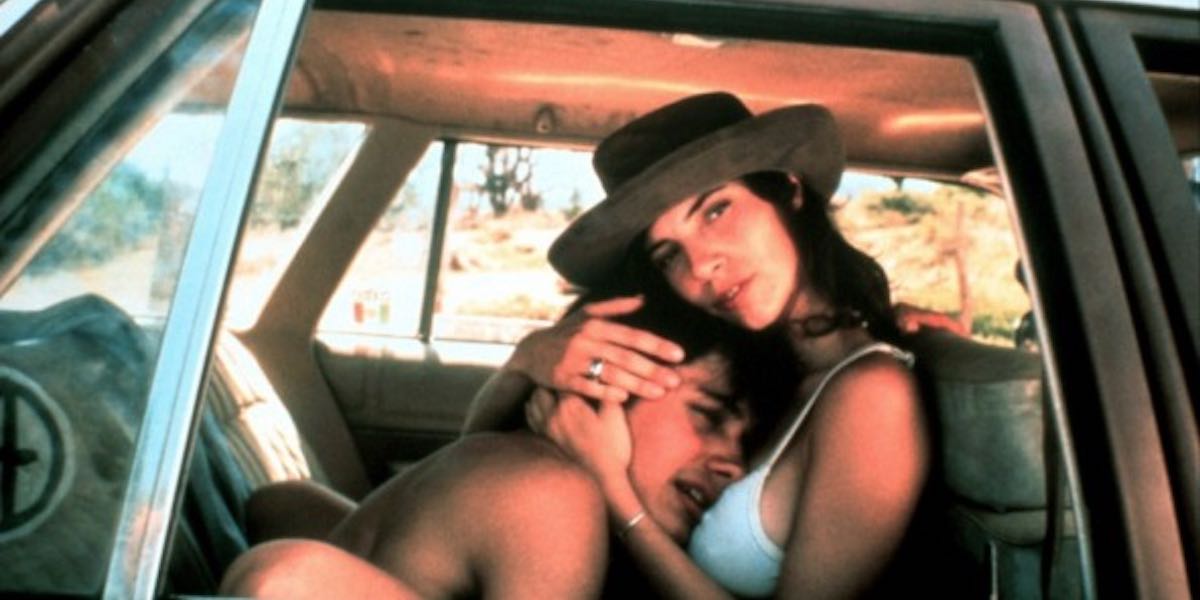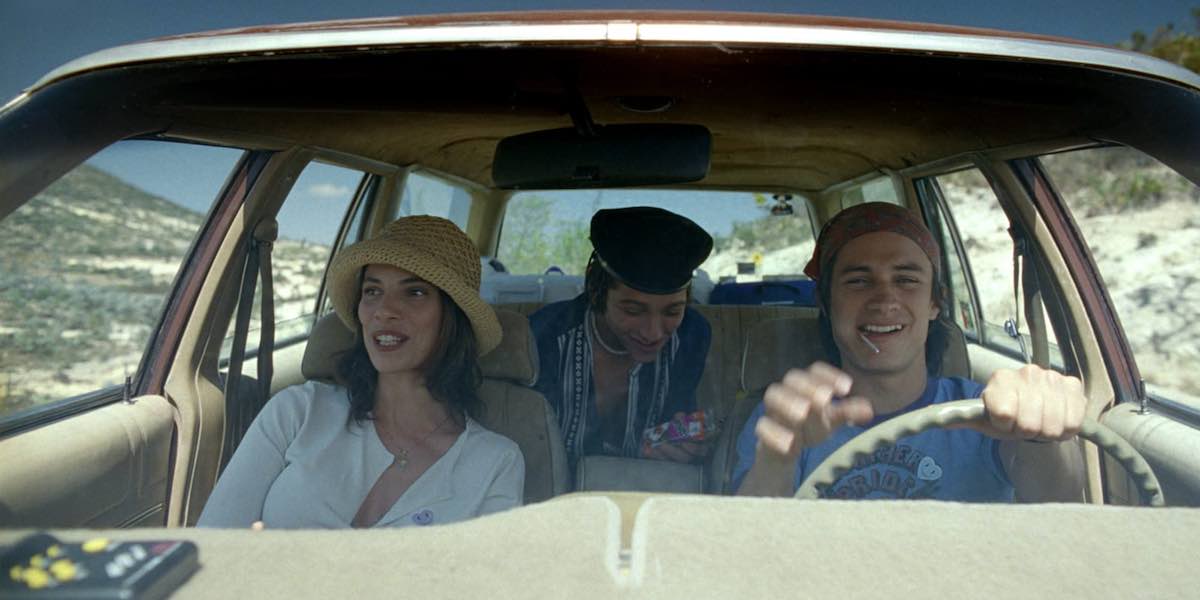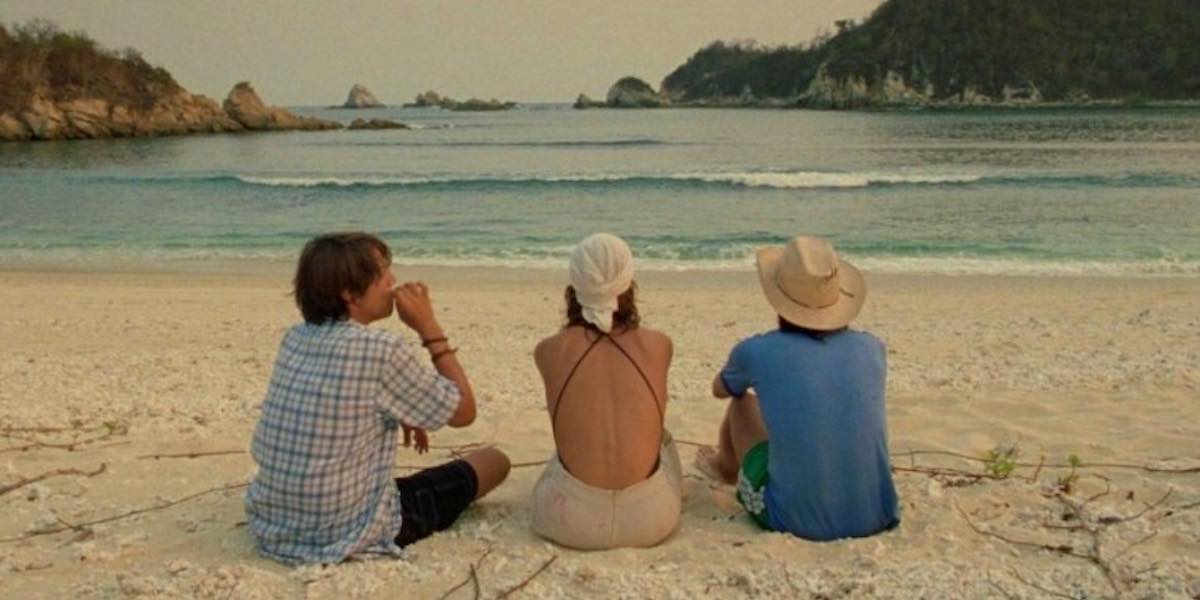ACADEMY AWARDS® BEST ORIGINAL SCREENPLAY NOMINEE
SECTION MODERN CLASSICS
It has been twenty years since the making of And Your Mother Too, which became one of the iconic films that marked the birth of the so-called New Mexican Cinema.
Abandoned by their girlfriends for the summer, rich teenagers Tenoch and Julio meet older woman Luisa at a wedding. Trying to impress Luisa, the friends tell her they are headed on a road trip to a beautiful, secret beach called Boca del Cielo (Heaven’s Mouth). Intrigued with their story and desperate to escape, Luisa asks if she can join them on their trip. Soon, the three are headed out of Mexico City, making their way towards the fictional destination. Along the way, Luisa seduces the two young men, and the friends argue over her.
As they continue their journey, caught up in their own world, the wealthy trio all but ignores the harsh realities of poverty that surround them.
Mexican filmmaker Alfonso Cuarón directed this social drama with high doses of black comedy, perhaps the most unclassifiable and personal of his entire career, until the arrival of Roma (2018), which confirmed Cuarón as one of the great contemporary film talents and one of the most important Mexican directors in history. The film includes the international launch of Maribel Verdú’s career and the debut performances of a very young Gael García Bernal and Diego Luna.









